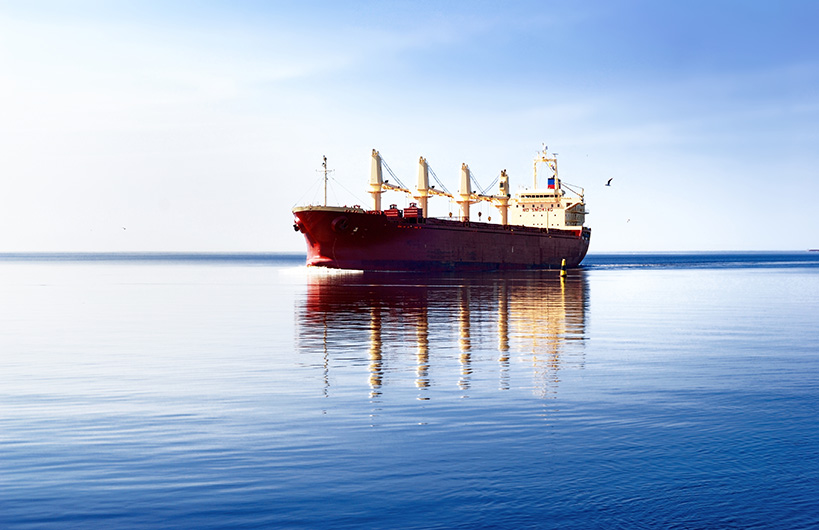More news
- Asian paint regulatory round up – Indonesian exterior paint still uses lead, warns W...
- Nigeria’s paint industry navigates regulatory changes and economic challenges amid p...
- Focus on the global coatings market: Global coatings market outlook
- Ask Joe Powder – October 2024
- Chinese paint majors look to domestic consumer sales as commercial real estate slumps

Hong Kong dry bulk giant Pacific Basin has decided to apply a sustainable graphene-based propeller coating, XGIT-PROP, across its entire fleet. The biocide-free hard foul release coating, developed by Canadian company GIT Coatings, has demonstrated the potential to enhance vessel performance by up to 4%, the two companies stated in a release citing data from earlier tests carried out by Stolt Tankers.
Following successful application and observing positive results on one of its supramax dry bulk vessels, Pacific Basin has started the rollout of XGIT-PROP across 40 vessels scheduled for drydock maintenance in 2024. This decarbonisation initiative marks the largest adoption of graphene-based propeller coating in the dry bulk segment. It parallels the pioneering efforts of industry counterparts such as Stolt Tankers and Eastern Pacific Shipping.
READ MORE:
Focus on marine: Hempel dives into sustainability collaboration
Sanjay Relan, the general manager of optimisation and decarbonisation at Pacific Basin, explained that since 2007, the company has been coating its vessels’ propellers with silicone paint to maintain a smooth propeller surface and avoid the frequent need for polishing to recover lost performance. However, the company was not been able to avoid edge damages to the silicone coating on the propellers, which requires the entire propeller coating to be stripped and reapplied at every docking.
“By adopting XGIT-PROP hard coating for our entire fleet, we are taking a proactive step towards more sustainable practices. We hope to maintain a damage-free, smooth propeller surface and improve efficiency over longer periods. At a fleet-wide level, we anticipate significant reductions in both environmental impact and operational expenses,” Relan said.







